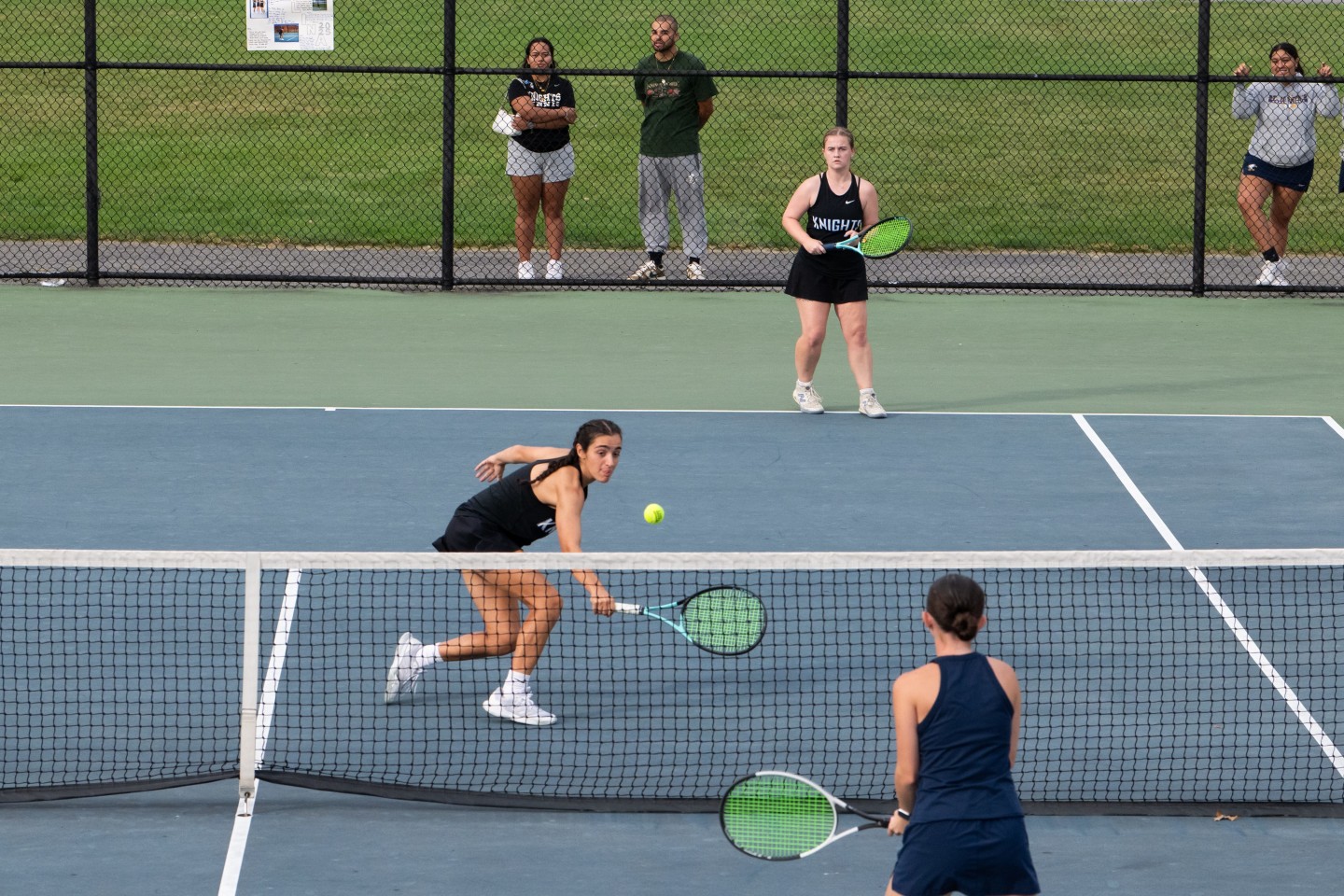Season’s Grievances
University rhetorical expert offers tips for discussing politics with family members over the holidays.
Let’s face it, for some relatives, the holidays are not only a time to connect—whether it’s in person or virtually this year—but a time to time to dig into some stale or freshly baked disagreements. This year’s cornucopia may include an extra serving of contentious, political fare, warns Bill FitzGerald, associate professor of English at Rutgers University–Camden and an expert in rhetorical studies.
FitzGerald offers a few tips on political civility that will help you spread tidings of great joy and not barbs and insults. For starters, he notes a time-honored tradition in Delaware state politics in which winners and losers of local elections gather in Georgetown, Delaware to “bury the hatchet.” Every two years, days after the November election, the victorious and the vanquished ride together around the square in a horse-drawn carriage before placing an actual hatchet in a pit of sand to signal a halt to political combat. (Presumably, said hatchet is later retrieved until next time.)
“Without the benefit of quaint ritual, we are left to determine how we, too, can cease our hostilities with friends and neighbors after an election. A sore winner can be just as bad as a sore loser,” he says. “So, whether over a literal backyard fence or on social media, how do we move on from this particularly divisive moment? At the risk of seeming naive, here are ways to begin.”
• Take time out from media. Many of us have overfed on a diet of choice in media. After an election cycle too long by any reasonable measure, we can pull away from endless coverage of politics to reclaim wider interests. We must be able to talk about things other than politics with our friends and neighbors. It helps to do things in common, too, even at a time of social distancing—clean up a local park, coordinate a themed decorating activity, contribute together to a food bank.
• Emerge from the tunnel. Elections narrow our focus to horse-race aspects of politics. We tend to view everything in terms of its impact on the next election. This tunnel vision is endemic to factionalized politics—the red states and blue states of our contemporary geography. But if we talk politics with others, and we must, we should look to policy—what we would like to see happen—not to personality. We should retire our slogans and retorts together with our lawn signs.
• Stop litigating. The election is over. Remember that politics is the art of the possible and focused on what comes next. The political landscape has come to resemble the trenches of World War I from which we lob volleys at our adversaries. The complement to a period of conflict is a season of reconciliation in which we strive to articulate common purpose.
• Neither gloat nor glower. There’s no question that recent elections have engendered hard feelings. While understandable, the impulse to enjoy a victory lap in the full view of our opponents or to deny the legitimacy of a win is more than a case of bad manners. It is corrosive to the spirit of community on which our democracy depends. The burden falls even more squarely on the victorious to practice civic virtues of magnanimity and generosity by engaging in respectful dialogue with those on the other side. Next time it might go the other way.
• Learn to listen. Our responsibility to hear others out is not one we always live up to. Before we resume political talk, we should practice listening to what our friends and neighbors have to say. We should strive, momentarily, not to persuade or to lecture, but to draw out others with genuine questions. This is actually a quite powerful, even confrontational, strategy. It means we do not simply counter but try to understand beliefs and aspirations. And, we must be willing to be heard, and challenged, by others as well. For we must to learn to model the civic virtues ourselves that we expect in our elected representatives.







